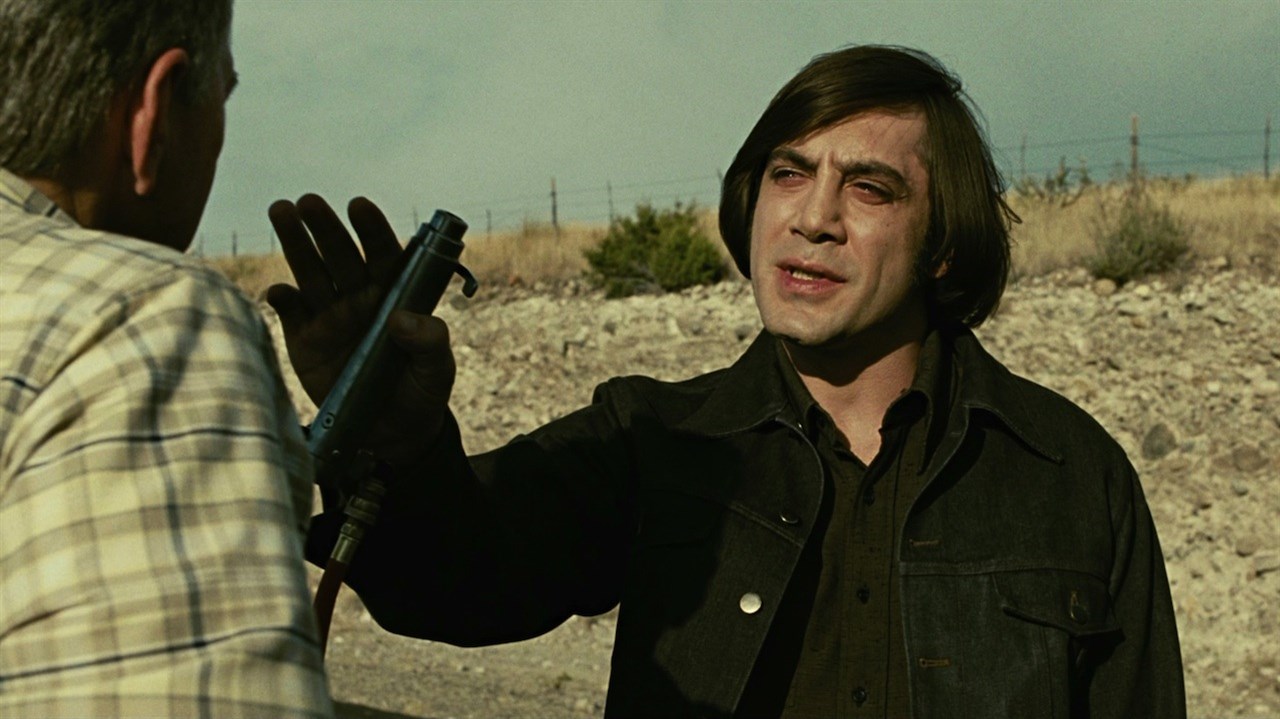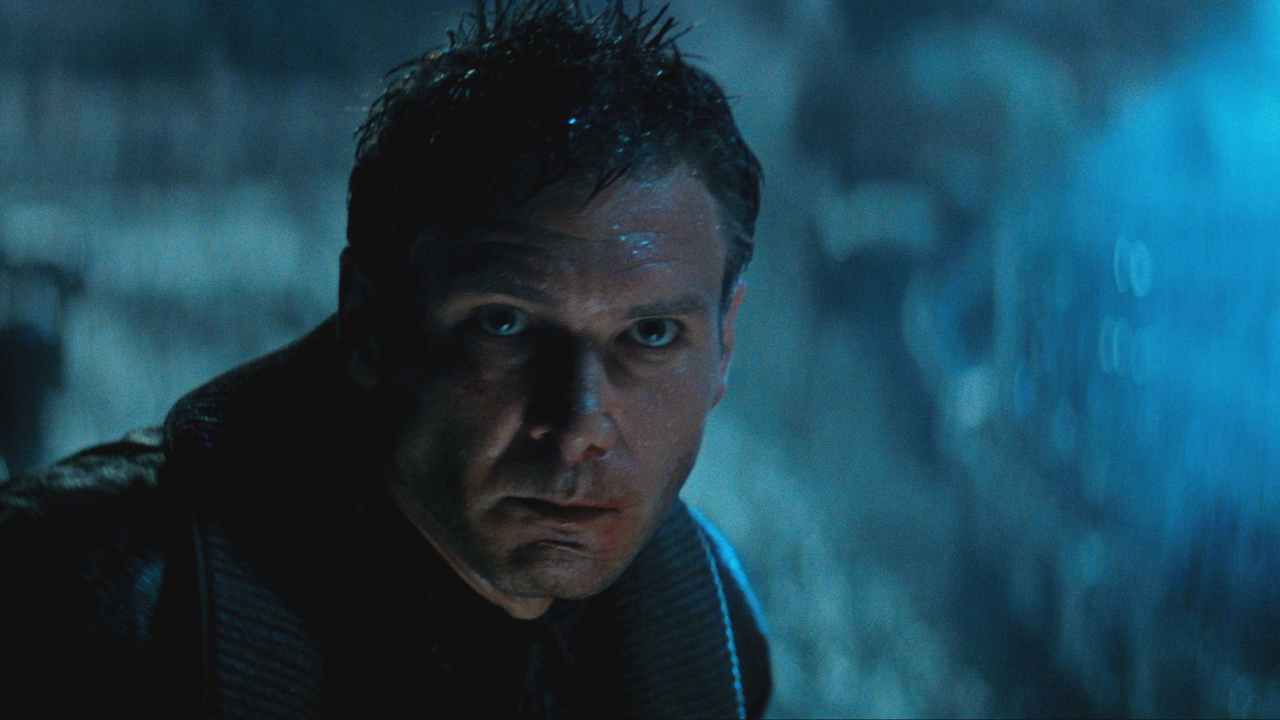Ever watched a movie, reached the end… and just sat there staring at the screen? Whether it left you stunned, confused, or ready to argue with your group chat, some movie endings just won’t let go. Years later, people are still debating what really happened, what it meant, or if it even made sense.
From iconic twists to open-ended finales, here are 10 movie endings that continue to divide the internet, fuel Reddit threads, and keep film fans talking.
1. Inception (2010)
Did the top fall or not?
Christopher Nolan’s mind-bending thriller ends with Dom Cobb finally reuniting with his kids, but we never see if the spinning top (his reality-check totem) tips over. The last shot cuts before the answer, leaving fans to endlessly theorize: was he dreaming or finally awake?
2. La La Land (2016)

A happy ending… in another life?
The musical rom-com delivers an emotional gut punch in its closing montage, showing the life that could have been. Did it ruin the love story, or was it a beautiful, bittersweet ode to dreams? Audiences are still split.
3. Shutter Island (2010)

Is he crazy, or pretending to be?
Leonardo DiCaprio again! At the end of this psychological thriller, his character says:
“Which would be worse: to live as a monster, or to die as a good man?”
Was he actually sane and faking it? Or truly delusional? The ambiguity still fuels theories galore.
4. The Sopranos (2007) – Yes, we’re counting it

Cut to black and cue chaos
Technically a TV show, but The Sopranos’ abrupt fade-to-black finale deserves a spot here. Did Tony die in that diner? Was it just another meal? The internet exploded in 2007 and has never stopped debating.
5. Donnie Darko (2001)

Time travel? Destiny? Just vibes?
This cult classic’s ending feels profound, but what does it actually mean? Did Donnie reset the timeline? Was it a dream? The film’s cryptic nature ensures that every explanation feels both brilliant and baffling.
6. Birdman (2014)

Did he fly… or fall?
Michael Keaton’s washed-up superhero actor either ascends metaphorically or literally, or ends it all. His daughter looks to the sky and smiles, but we never get an answer. Viewers are still looking for clues.
7. Interstellar (2014)

Did love really save the world?
Another Nolan entry, because of course. Time dilation, fifth dimensions, black holes, and “love as a quantifiable force” left some inspired… and others scratching their heads. Even scientists debated this one.
8. No Country for Old Men (2007)

Where’s the climax?
Instead of a final showdown, we get quiet reflection. The main character is suddenly gone. The killer walks away. The ending monologue confuses as much as it explains. People argue: anti-climax or poetic genius?
9. Blade Runner (1982 / 2007 Final Cut)

Is Deckard a replicant?
The unicorn dream. The origami clue. Fans have argued for decades about whether Harrison Ford’s character is human. Ridley Scott says yes. Harrison Ford says no. The debate? Still very alive.
10. Gone Girl (2014)

Why stay in that marriage?
Amy returns. Nick stays. And millions of viewers collectively yelled, “WHY?” But that’s the point. David Fincher and Gillian Flynn gave us an ending that explores control, performance, and toxic loyalty all in one perfectly twisted conclusion.
Final Note
Love them or hate them, these endings did something bold: they left us talking. In a world of predictable plots and safe resolutions, these films dared to leave loose threads, provoke thought, or mess with our heads, and that’s exactly why we can’t stop debating them.
So, which ending still haunts you the most? Or better yet… which one do you still argue about in your group chats?
FAQs
Q: Are open-ended movie endings better than resolved ones?
A: It depends on personal taste. Open endings can invite deeper interpretation, while closed ones provide emotional closure.
Q: Why do filmmakers leave things ambiguous?
A: To provoke discussion, reflect complex themes, or emphasize that life doesn’t always give neat answers.
Q: Are any of these endings officially explained by the creators?
A: Some directors (like Nolan with Inception) stay silent on purpose — to keep the mystery alive.






